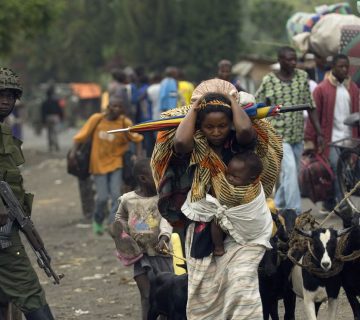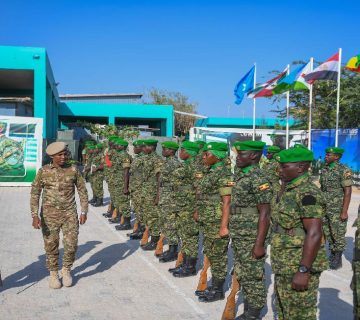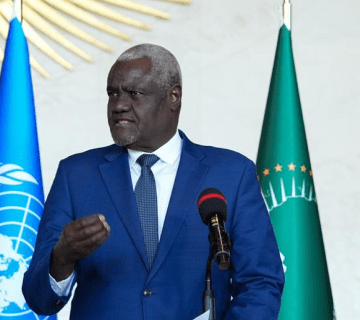President of the Democratic Republic of Congo Felix Tshisekedi has promised to grant amnesty to political prisoners in the country within ten days. He also pledged the return of those in exile due to political reasons, possibly hinting at a return of Moïse Katumbi, a political opponent of Joseph Kabila who has been exiled since 2016. In the light of these events, there are hopes that the DRC would improve its human rights record and work toward Tshisekedi’s pledge to consolidate democracy. However, strengthened democracy might be up for a challenge in the coming months. Joseph Kabila’s Common Front for Congo (FCC) coalition, which won most parliamentary seats during the December 2018 elections, has stated that it expects Tshisekedi to pick a prime minister from among their ranks. As per the Congolese Constitution, a prime minister must have majority of seats in parliament.
DRC has to form a government soon that will be able to deal with recurring issues such as the threat of Ebola. On March 29, 2019, the DRC confirmed 15 new cases, the biggest one-day rise since the current outbreak was declared last August, according to the health ministry. A day before, the Ministry had recorded 14 new cases. An estimated 690 people have died and another 399 have been infected. Security challenges in the troubled region make it more difficult to adequately deal with the disease. Five medical centres were attacked in March, sometimes by armed assailant sometimes by angry civilians. This led some health practitioners like Médecins Sans Frontières (MSF) /Doctors Without Borders to halt activities.



